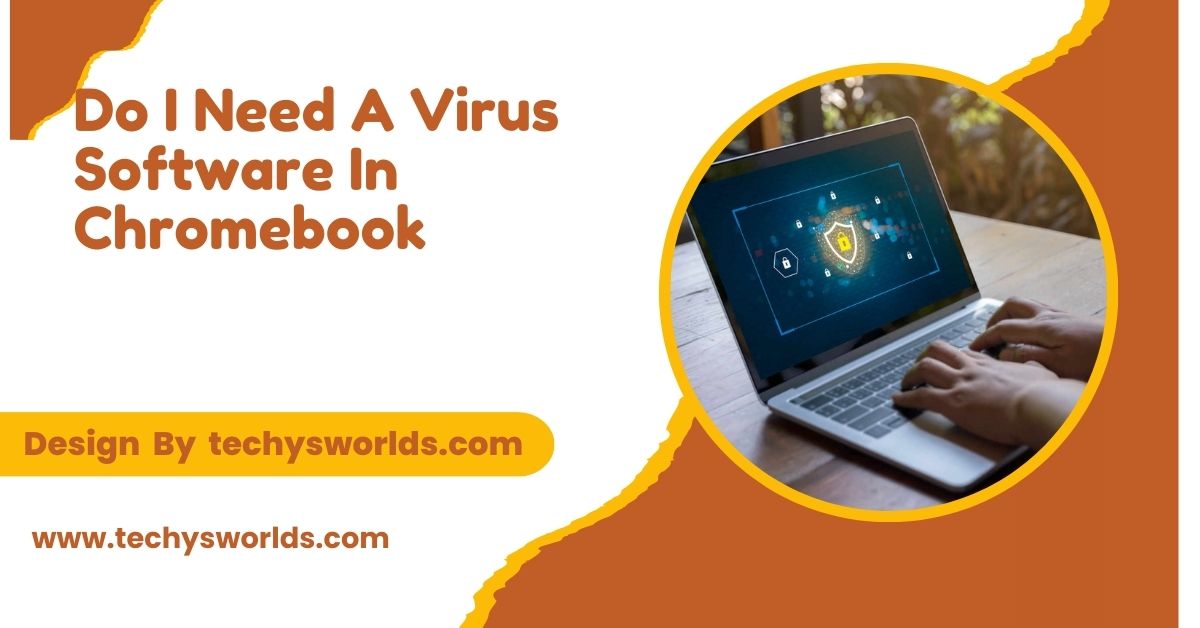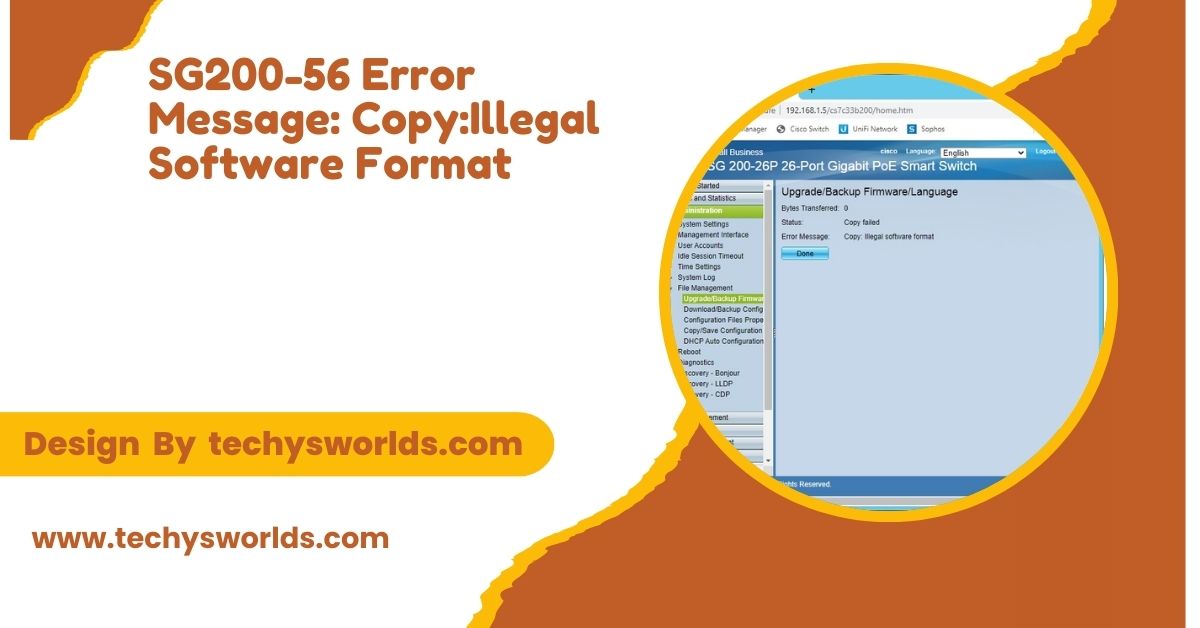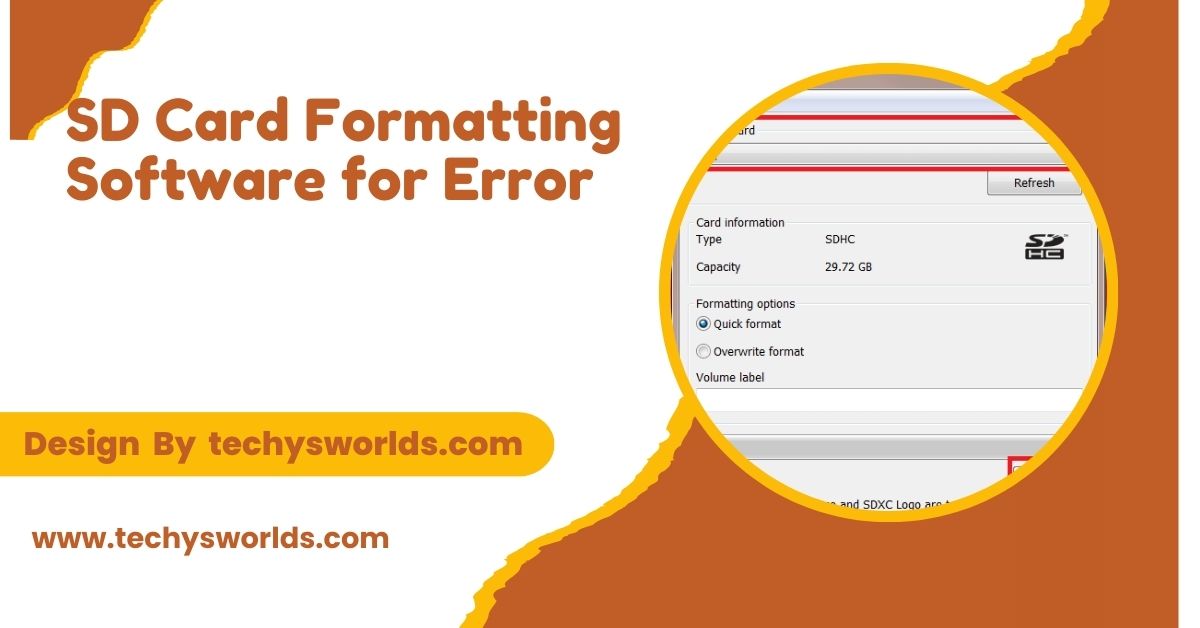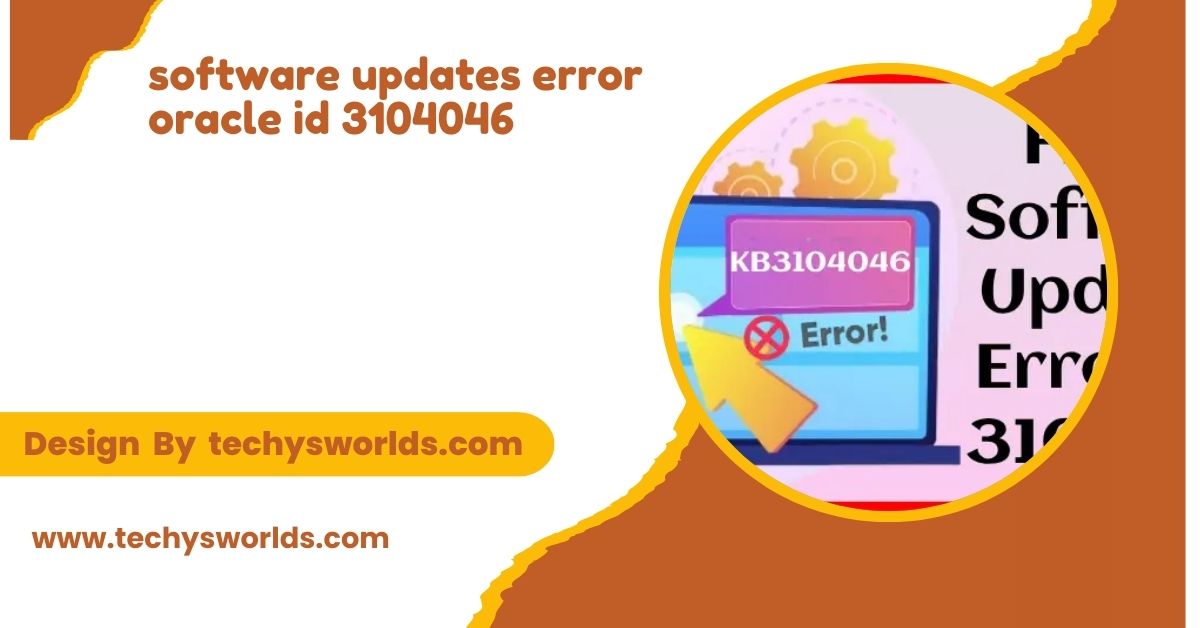Chromebooks are designed with built-in security, so antivirus software isn’t necessary. However, it’s still a good idea to practice safe browsing habits.
This article explores Chrome OS’s security features, the risks Chromebooks face, and whether additional antivirus protection is necessary.
Understanding the Security Architecture of Chromebooks:
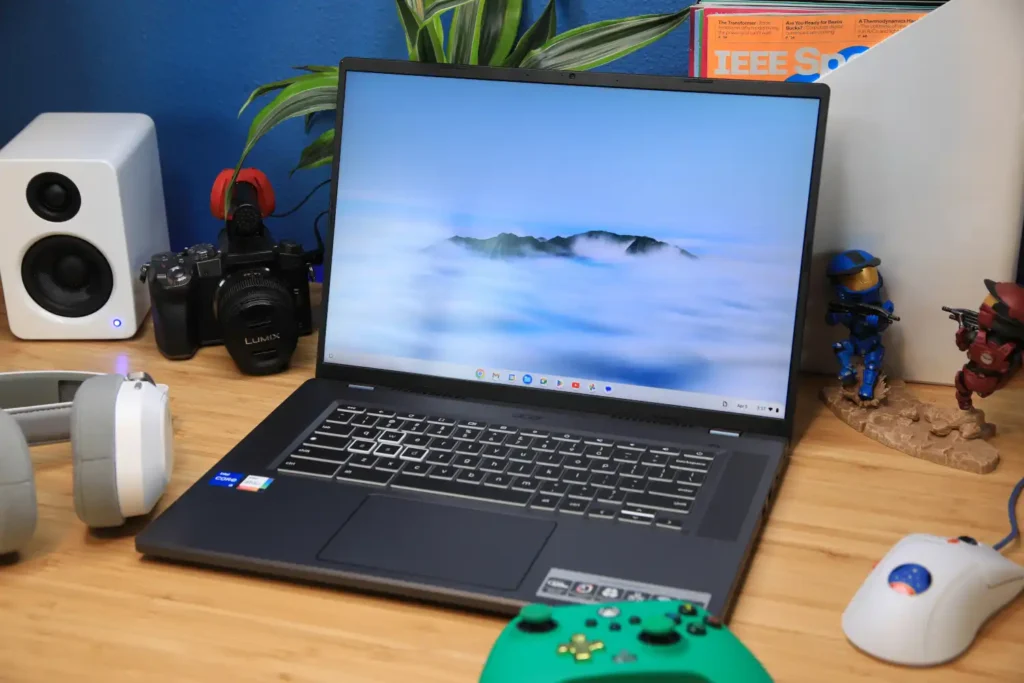
To answer whether antivirus software is needed, it’s important to understand how Chromebooks are designed. Chrome OS is built with security in mind, offering unique features that help protect users from malware. It has several layers of protection that make it more secure than traditional operating systems.
Chrome OS:
Chrome OS is a lightweight, cloud-based operating system optimized for web-based tasks. Unlike traditional operating systems, it relies on cloud computing, with most apps running through the browser. This makes Chrome OS inherently less vulnerable to traditional viruses that affect desktop applications.
The system is designed to limit direct access to core components, increasing security. Much of your data is stored online, reducing the risks associated with data breaches or local infections.
Sandboxing Technology:
Chrome OS uses sandboxing, which isolates apps and websites from each other. Each app or webpage runs in its own container, preventing malware from spreading. If an app is compromised, it can’t affect other parts of the system.
This isolation is one of the primary reasons Chromebooks are safer from viruses. Even if malware is introduced through a compromised app, its impact is limited.
Verified Boot:
Every time your Chromebook starts, it runs Verified Boot to check the integrity of the operating system. If any tampering is detected, the system automatically restores itself to a secure state. This process helps prevent persistent malware.
Verified Boot ensures that the device is always in a trusted state, offering built-in recovery without requiring user intervention.
Automatic Software Updates:
Chrome OS updates automatically, ensuring your device always has the latest security patches. This makes it difficult for malware to exploit known vulnerabilities. Google releases updates regularly to address security issues and keep your system protected.
With this automated process, there’s no need for manual updates, making it easier for users to maintain a secure system without extra effort.
Minimal Need for Antivirus Protection:
Chrome OS’s built-in security features—sandboxing, Verified Boot, and automatic updates—make it more secure than traditional operating systems. Most common viruses are incompatible with Chrome OS, which is designed to resist common malware types.
Due to these inherent protections, most users do not need antivirus software. Google’s security measures are often sufficient for everyday browsing and app use.
Potential Risks for Chromebook Users:
While Chrome OS offers strong protection, no system is entirely immune to risks. Here are some potential threats that users may still encounter. Understanding these risks helps users stay vigilant and avoid common pitfalls.
Also Read: Accounting Software – Features, Benefits, and Options!
Web-Based Threats:
Web-based threats like phishing and fake websites are common risks for Chromebook users. Phishing attacks attempt to trick users into providing personal data, like passwords or financial details. These attacks often come via email or fake websites.
Chrome OS includes phishing protections, but it’s always important to remain cautious when clicking on links or entering sensitive information. Malware can sometimes bypass protections if the user is not careful.
Android Apps and Extensions:
If you use Android apps or browser extensions, they could pose a security risk. Malicious apps or compromised extensions can sometimes introduce malware. Even though Chrome OS isolates apps, some apps or extensions may still cause problems.
Before installing third-party software, check for reviews and be cautious about granting unnecessary permissions. Antivirus software can scan these apps for potential threats.
Infected External Devices:
External devices like USB drives or SD cards can introduce malware if they’ve been connected to a compromised system. Chrome OS provides some protection against these devices, but they can still pose a risk if not properly checked.
If you frequently use external devices, consider scanning them with antivirus software to avoid transferring malware onto your Chromebook.
Do You Really Need Antivirus Software on a Chromebook?

So, do you need antivirus software on a Chromebook? The answer depends on your usage habits. For most users, Chrome OS’s built-in features are sufficient, but certain activities may increase your exposure to potential threats.
Your Usage Habits:
If you primarily use your Chromebook for browsing, emails, and cloud-based applications, antivirus software may not be necessary. Chrome OS is designed to handle common online tasks securely. However, if you download files or use unverified apps, antivirus software could provide extra protection.
Users who engage in high-risk activities, such as downloading files from unknown sources, may want to consider additional protection.
Phishing Risks:
Chrome OS includes phishing protections, but it’s not perfect. Antivirus software with anti-phishing features can offer an extra layer of protection, especially if you’re prone to clicking on suspicious links or emails. Some malware may still evade detection by Chrome’s built-in defenses.
If you often encounter phishing attempts or scam emails, an antivirus program with advanced phishing protection can be beneficial.
Enhanced Privacy Features:
Many antivirus software options come with added privacy features like VPNs and ad-blockers. These tools help protect your identity and browsing data, especially when using public Wi-Fi.
Using a VPN encrypts your connection, offering added protection from hackers and other threats. If privacy is a priority for you, these additional tools can enhance your security.
Risks from Android Apps and Extensions:
While Chrome OS’s sandboxing helps contain risks from Android apps and extensions, some malicious software can still slip through. Antivirus software can scan and detect potential threats in third-party apps or extensions before they have a chance to cause harm.
Regularly checking apps and extensions with antivirus software can offer added security against hidden risks.
Infected External Devices:
If you use external devices like USB drives or SD cards, they could bring malware into your Chromebook. While Chrome OS provides basic protection, antivirus software can perform more thorough scans, preventing infections from external sources.
Regularly scanning external media before transferring files ensures your Chromebook stays secure from potential threats.
FAQ’s
1. Can Chromebooks get viruses?
Chromebooks are less likely to get viruses due to Chrome OS’s strong security, but they can still be vulnerable to phishing or malware from third-party apps.
2. Do I need antivirus software for online browsing on my Chromebook?
For most users, no. Chrome OS offers built-in protections, but if you visit suspicious sites or download untrusted files, antivirus software can offer extra protection.
3. Can I use a VPN on my Chromebook?
Yes, Chromebooks support VPNs, and many antivirus programs include VPN features to enhance your security, especially on public networks.
4. Are Android apps safe on a Chromebook?
Most apps from the Google Play Store are safe, but some may contain hidden malware. Check reviews and app permissions before downloading.
5. Does Chrome OS automatically update for security?
Yes, Chrome OS automatically updates to apply security patches, keeping your Chromebook safe without manual intervention.
Conclusion
Chromebooks typically don’t need antivirus software due to built-in security features like sandboxing, Verified Boot, and automatic updates. These protections make them safer than traditional systems. However, if you often download files from untrusted sources or use external devices, adding antivirus software can offer extra protection and peace of mind.
Related Posts
Also Read: What Is The Average Cost Of A Software Bug – Implications and Insights!
Also Read: Is The Macbook Touch Screen A Software Issue Or Hardware – A Comprehensive Analysis!
Also Read: Logitech Unifying Software – Features, Benefits, and Usage!
